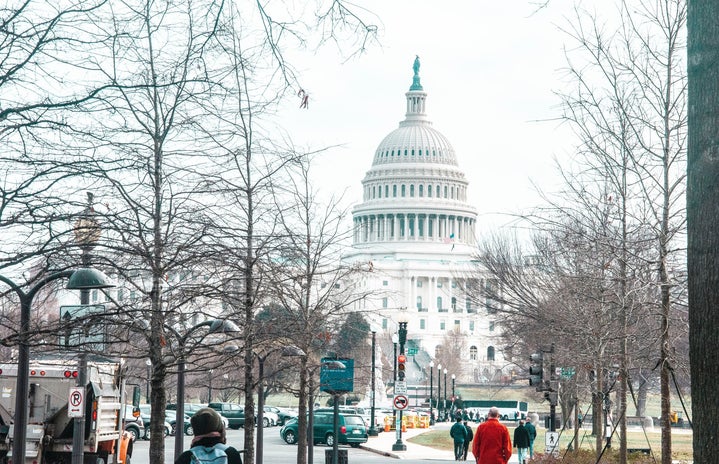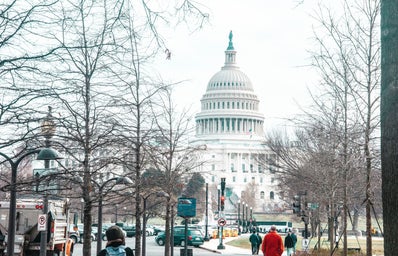For decades now, the residents of Washington, D.C.. have been asking for statehood. When the founders chose Washington as their capital, there was a very small population. While the population grew, the district was removed of local representation during the Reconstruction Era. Nearly 100 years later, in 1964, residents were granted the right to vote in a presidential election. It was not until 1973 with the Home Rule act that residents were given the right to vote for their own mayor.
The statehood movement increased after 1980 and after a few failed attempts, the first time Congress voted on a statehood bill was in 1993. The House of Representatives voted on the bill, but it failed to pass with a majority. Then, in 2020, another bill was brought to the floor. This time, it passed in the House. The bill is now in the hands of the Senate, but there has been no action taken on the bill since a committee hearing in June 2021.
There are a lot of reasons for making Washington a state. It will provide the 712,000 residents with full representation in both chambers of Congress – a right that they do not have at the moment despite holding a higher population than Vermont and Wyoming. In addition, the district pays higher taxes than 22 other states, yet has no representation or control over their budget.
However, there are a lot of politicians against statehood for the district because it would break the even number that has allowed ties in the Senate for the past 63 years. Additionally, Washington is a historically blue voting district, therefore its admittance as a state would provide democrats with a higher advantage of becoming the majority in Congress and obtaining the White House.
With statehood the party will ultimately lose power; therefore, republicans have been very obstinate in the statehood movement. Republicans have cited reasons as irrelevant as the lack of car dealerships in the district, making it clear they will do everything in their power to prevent legislation from being passed that adds Washington as a state.
However, there is still a strong movement to get the bill sitting in the Senate passed. There are several organizations working to gain support such as DC Statehood and Neighbors United for DC Statehood. There are also several members of Congress who are working to make Washington a state, including nearly all House and Senate Democrats. The more support given to these organizations and more outreach to Senators, the more likely activity on the bill will be picked up again and can be put to a vote.


